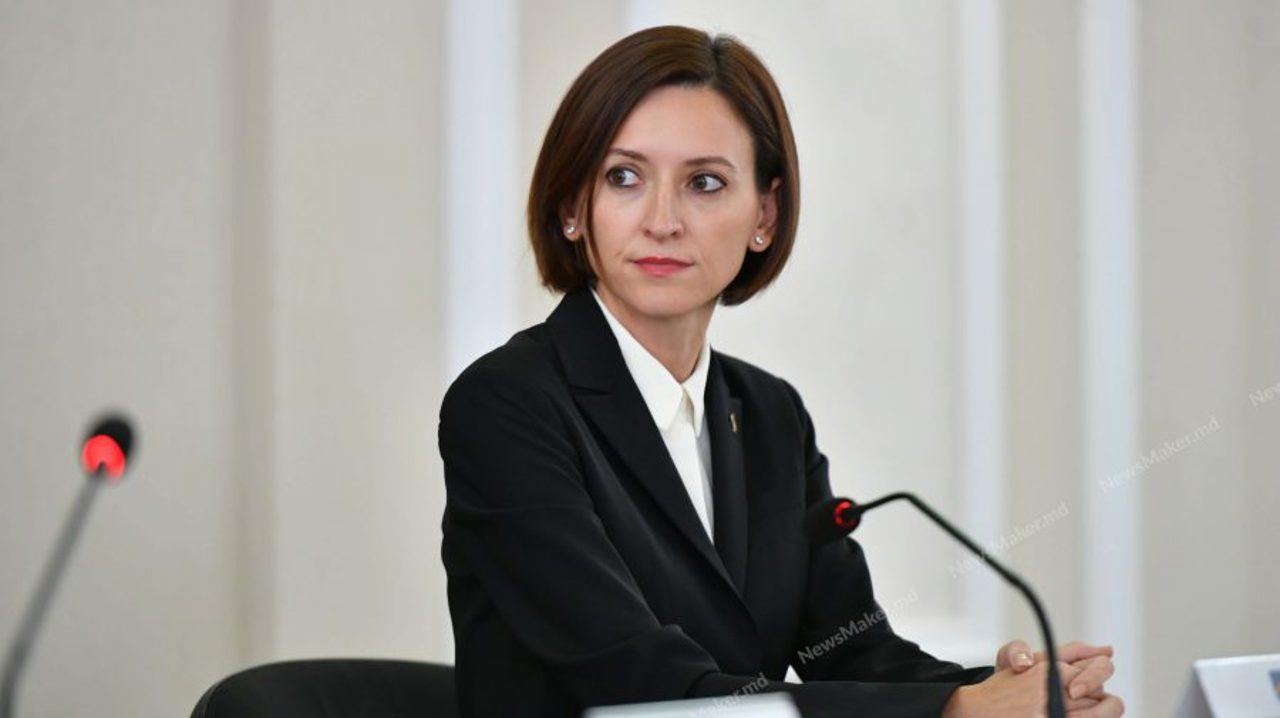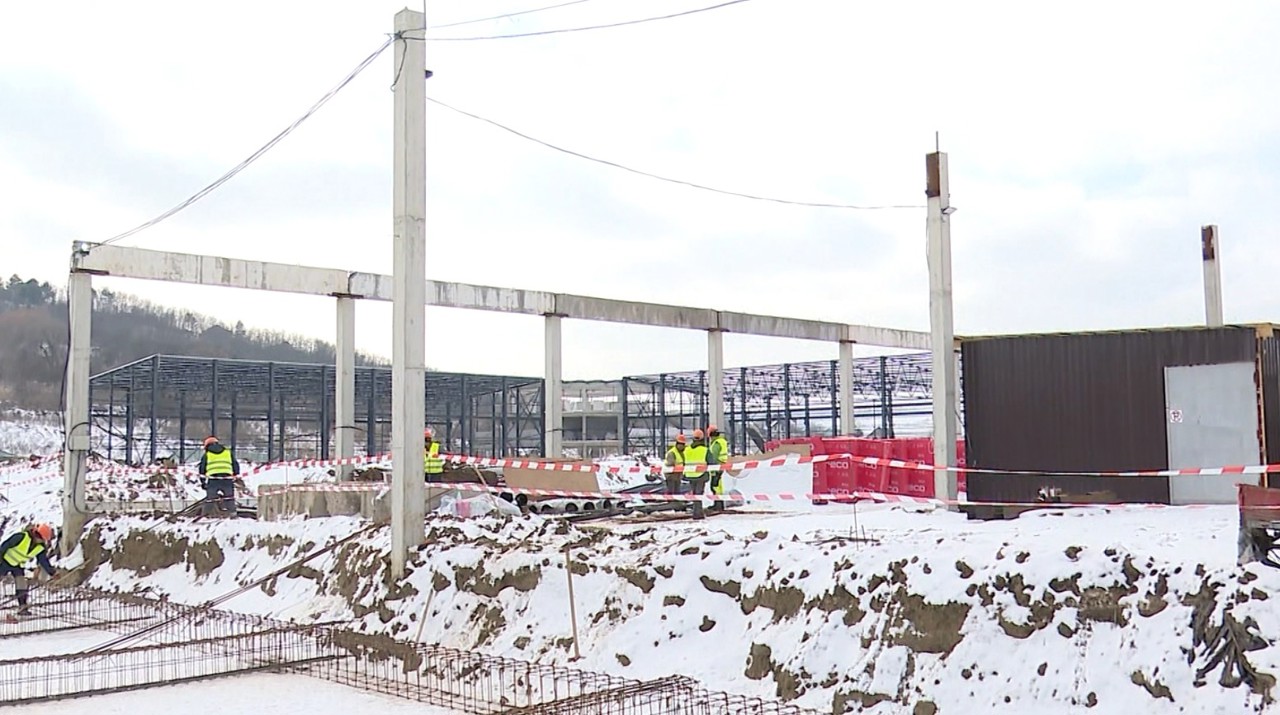Moldova’s anti-corruption reform sparks controversy
The reorganization of Moldova’s Anti-Corruption Prosecutor’s Office and the Prosecutor’s Office for Combating Organized Crime and Special Cases is widely seen by experts as a move designed to push out the head of the Anti-Corruption Prosecutor’s Office, Veronica Dragalin.

They argue that rather than improving anti-corruption efforts, the reform will create instability, discourage prosecutors, and weaken the judicial system.
Legal expert Mariana Kalughin warns that dismantling a specialized anti-corruption unit will negatively impact criminal prosecutions and pending court cases.
"If the government considers corruption a serious threat to the Republic of Moldova, dismantling the Anti-Corruption Prosecutor’s Office would mean losing a crucial institution that ensures the proper handling of corruption cases. (…) It is regrettable that judicial and anti-corruption reforms are being used as tools to remove inconvenient individuals from the system and install politically loyal figures in key positions," Kalughin stated.
Former Justice Minister Alexandru Tănase describes the reform as "a politically motivated decision" that will not bring meaningful change to the system.
"If the initiators of this proposal believe that merging two prosecutor’s offices will make the fight against corruption more effective, they are deluding themselves. Everyone will wait until the end of the electoral campaign to see exactly what political direction the future government will take. Unfortunately, this is the consequence of the politicization of the prosecution and judiciary," Tănase said.
He further warned that the reform will cause "chaos" and lead to even more resignations within the system.
Justice Minister Veronica Moraru-Mihailov announced the merger of the two prosecutor’s offices, stating that she would present the proposals to Parliament today. Under the plan, cases handled by the two institutions will be transferred to the newly established Section for Political Corruption and Money Laundering within the General Prosecutor’s Office.
Translation by Iurie Tataru






